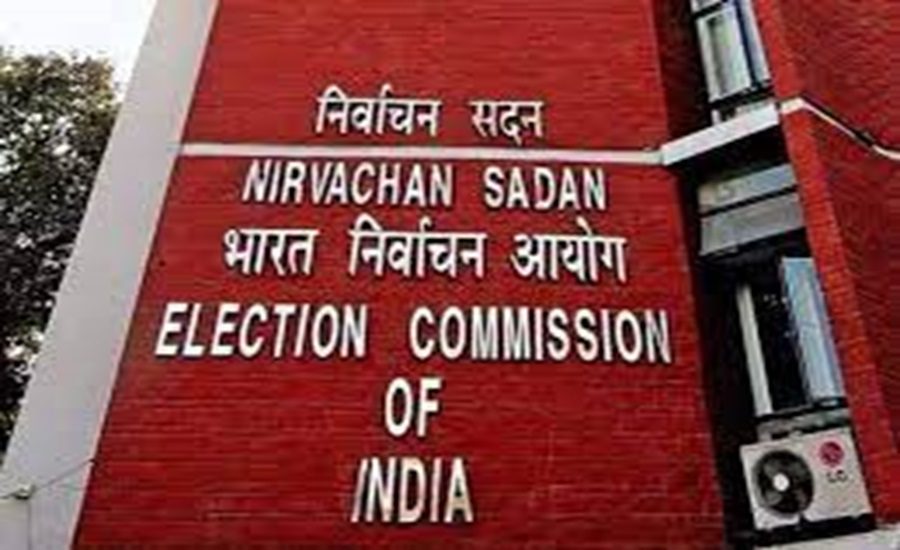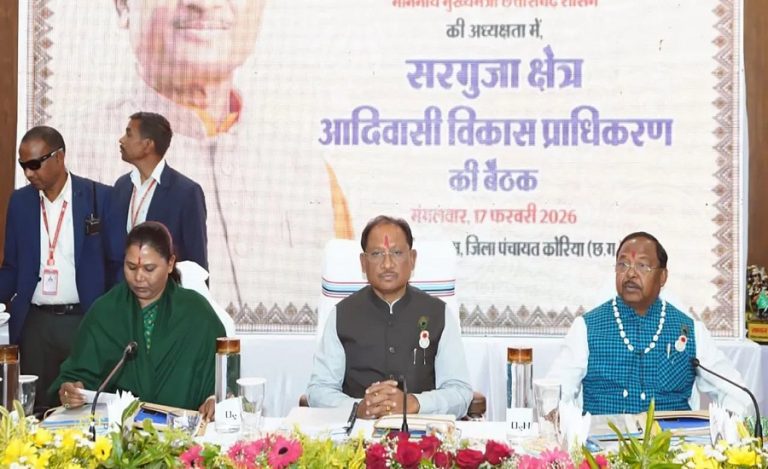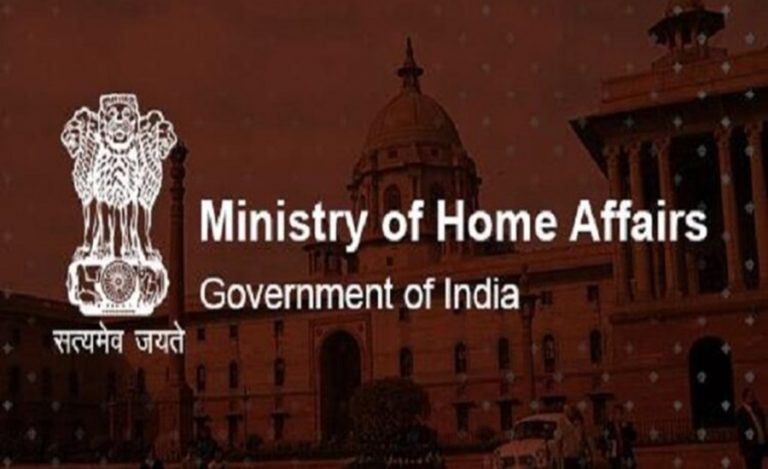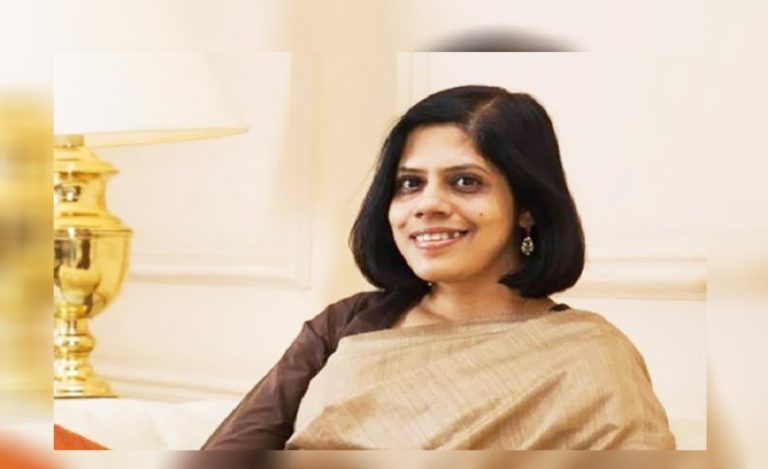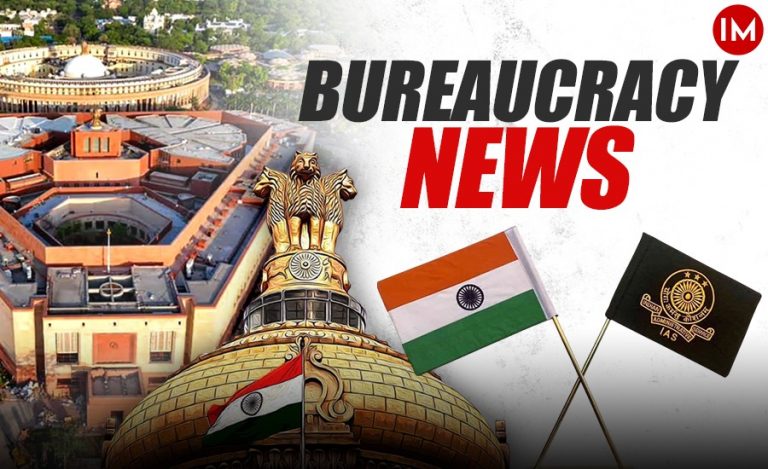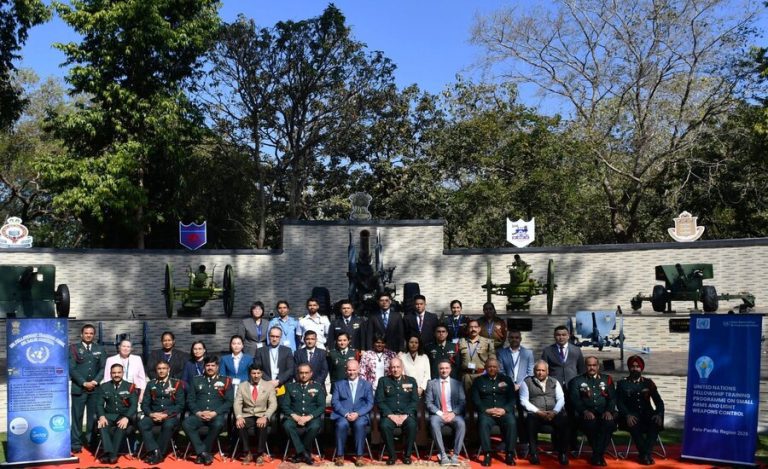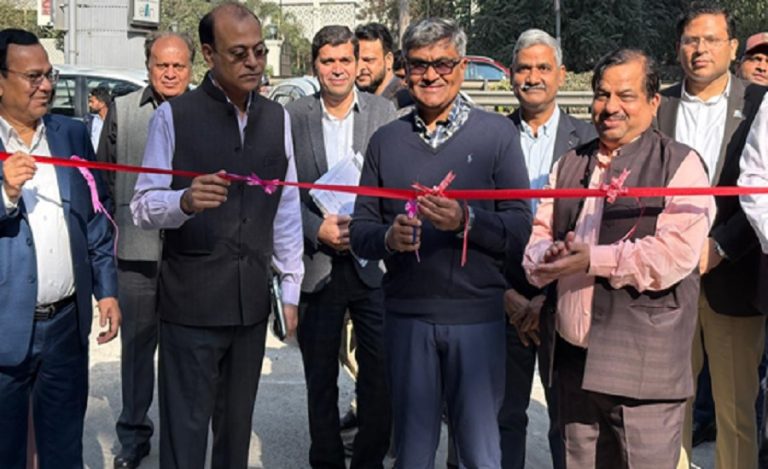New Delhi: The Election Commission of India (ECI) has announced the appointment of 470 central observers to oversee the upcoming assembly elections in Bihar, along with by-elections in several other states. These observers will play a crucial role in ensuring free, fair, and transparent electoral processes.
Composition of Central Observers
The appointed observers comprise senior officers from key All India Services and other government cadres, including –
- 320 officers from the Indian Administrative Service (IAS)
- 60 officers from the Indian Police Service (IPS)
- 90 officers from the Indian Revenue Service (IRS), Indian Railway Accounts Service (IRAS), Indian Civil Accounts Service (ICAS), and others
States and Constituencies Covered
The Election Commission has designated these officers as central observers for the Bihar assembly elections and by-elections in the following states and constituencies –
- Bihar (Assembly elections)
- Jammu and Kashmir: Budgam and Nagrota
- Rajasthan: Anta
- Jharkhand: Ghatsila
- Telangana: Jubilee Hills
- Punjab: Tam-Taran
- Mizoram: Dampa
- Odisha: Nuapada
Role and Responsibilities of Central Observers
Observers are appointed under Article 324 of the Constitution and Section 208 of the Representation of the People Act, 1951. They work under the Election Commission’s supervision from appointment until election completion. Their key responsibilities include –
- Monitoring the overall electoral process to ensure fairness and impartiality
- Reporting regularly to the Election Commission on election conduct
- Acting as the “eyes and ears” of the Commission on the ground
- Assisting in increasing voter awareness and participation
- Identifying areas needing improvement and providing actionable recommendations
- Expenditure observers specifically monitor candidates’ election spending to prevent violations
Election Commission’s Statement
The Commission emphasized the importance of observers in safeguarding democracy –
“Observers shoulder the important and solemn responsibility of ensuring that elections are fair, impartial and credible, which is the foundation of our democratic system. They assist the Commission in conducting free, fair, transparent, and inclusive elections.”
Conclusion
With the appointment of these 470 officers as central observers, the Election Commission aims to strengthen electoral integrity across multiple states during the upcoming elections, thereby reinforcing public trust in the democratic process.

